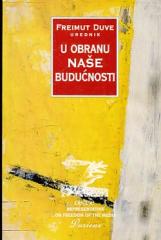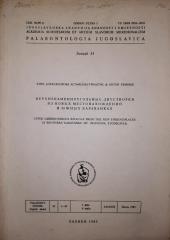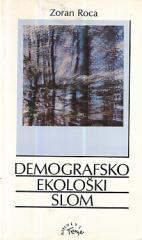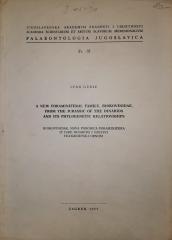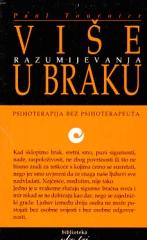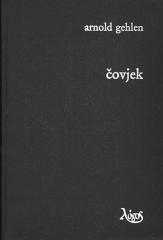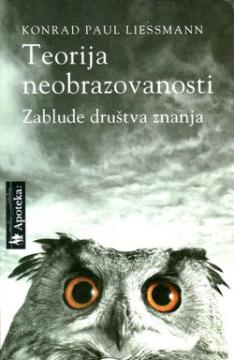
Teorija neobrazovanosti
Delusions of the knowledge society
The issue of knowledge and its evaluation should be a pressing issue for the survival of the Croatian national being. Before us are very interesting answers from one of the most respected and famous Austrian scientists.
"Theory of lack of education" is a current, polemical and brilliantly articulated critique of the term "knowledge society". Through nine sharp chapters, this essay on the European policy of education and culture analyzes media phenomena such as "Millionaire" and similar quasi-knowledge quizzes, considers a series of unsuccessful reforms of education systems (with special reference to the obsession with PISA-testing and the Bologna process), reflects on the mania of ranking and endless and fruitless public and private debates about the deterioration of the level of primary and secondary education.
With numerous and witty examples from today's university practice, Liessmann warns that the policy of yielding to the "capitalization of the spirit" (instead of resisting the "spiritualization of capital") is undoubtedly rushing into general, mass and ubiquitous, precisely screaming lack of education, and that the favorite political phrase "knowledge society" is clearly being denounced as an empty demagogic platitude.
The book is Liesmann's most famous work, which was published in 16 editions in Austria and received numerous critical praises.
No copies available
The last copy was sold recently.
